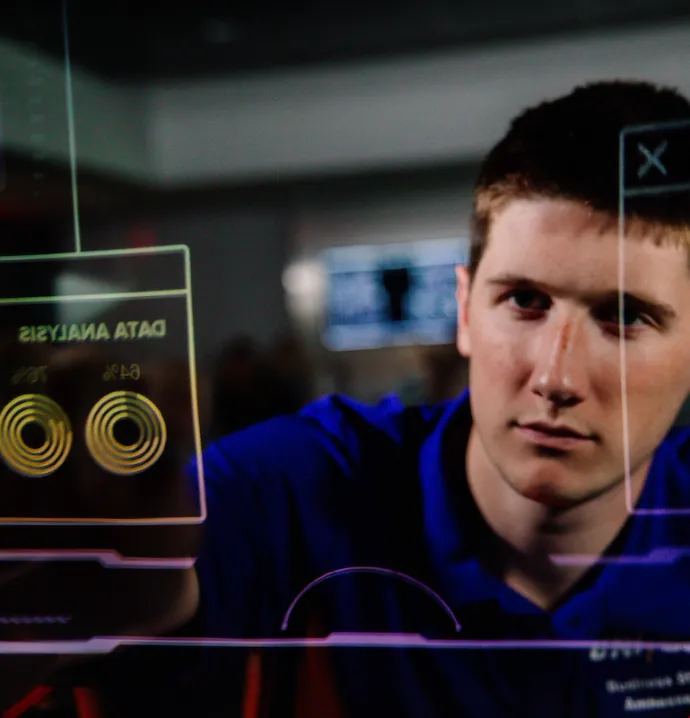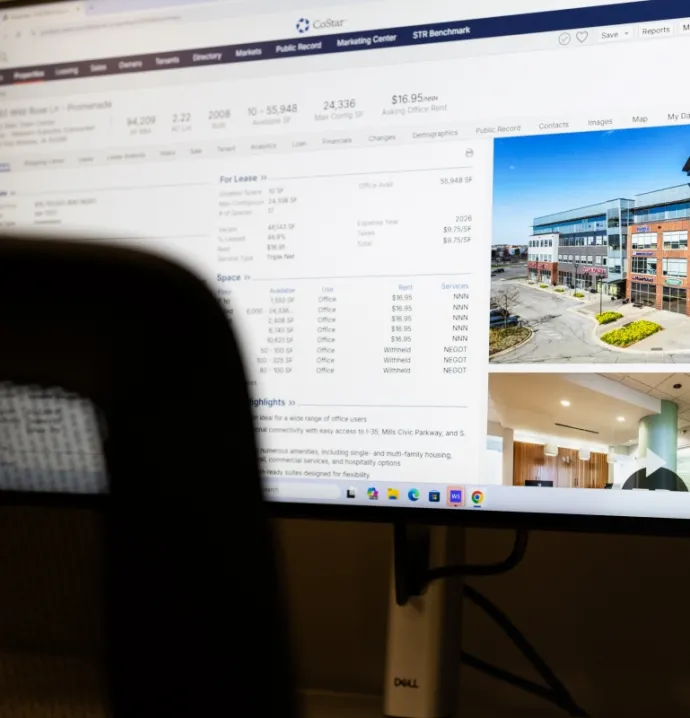News bias? You choose the news you wish to consume
News bias? You choose the news you wish to consume
During election season, people love to accuse the media of bias. Liberals and conservatives assail local and national newspapers, as well as various television newscasts, of tilting in one political direction or another. Since it is unlikely that a news source can be biased in both directions, many people’s perceptions must be erroneous.
People often forget that news media are usually for-profit entities. Although the reporters and editors may strive for reasonable objectivity (“who among you is without bias, cast the first stone”), they are confronted with the pressures of staying solvent. At a minimum, editors may be influenced to push stories that draw audiences. For the television or internet media, stories with strong visuals attract large crowds of watchers. The old local news dictum, “If it bleeds, it leads,” is an example. Local car accidents and crimes are publicized and crowd out less dramatic, if more important, stories (such as local taxation issues). Even the Weather Channel plays this game, often dramatizing weather events, so you will keep tuning in. CNN, a formerly respectable news outlet, “jumped the shark,” when it devoted nearly around-the-clock coverage of the Malaysia Airlines flight 370 in 2014. Yes, it was a modern-day mystery and horribly tragic for people with relatives on that flight, but it should not have dominated CNN’s programming. There were other, arguably much more important things going unreported.
Even non-profit news outlets, such as PBS, face pressures to attract large audiences. The editors are essentially under the same constraints as their peers working for for-profit-seeking news organizations. If you doubt this, ponder the pledge drives, and how PBS stations schedule perennial favorite programming with their hosts dunning viewers for money.
I would be remiss, however, if I seemed to place the blame solely upon the news organizations. Whether the media should give people what they want is an interesting question. Ultimately, viewers choose what they wish to consume, especially in the twenty-first century, when there is a plethora of viewing options (unlike, say, 1961, with only a handful of television stations…but more newspapers). If people prefer watching stories about car crashes and sensational murders to stories about local school district bond levies, then, in a sense, the local news program may be justified in their decision. Watching a local school board debate whether to hike local taxes to fund the school district is not very stimulating, except, perhaps, to a perverse few. If this is the case, then I wish the news media would be honest and open about their choices of news stories.
Outrageous personalities seem to crowd out reasoned conversationalists in today’s media. Whether you like or despise him, the President is a master of outrageous statements. He has attracted a lot of attention during the past forty years. If you were Jeb Bush, you would be aggrieved; your years of diligent public service and discreet public pronouncements as governor of a large state and presidential campaigner would be for nothing in the public eye.
For most of America’s history, the idea of an unbiased press would have been risible. To be sure, Americans cherished their freedom of the press (and also freedom of private opinions). In fact, there was a free-for-all of partisan presses. Even Thomas Jefferson had his own allied newspapers, as did the Federalists. Towns the size of Cedar Falls usually had a Republican newspaper and a Democrat newspaper. The competition between newspapers was a healthy aspect of our republic (remember, we are a republic and not a democracy). I worry when some people want to shut down Fox News or its liberal counterpart (of which there are many). We all benefit from even partisan points of view…as long as we apply critical thinking. Neither side has all the correct answers, and neither side is always incorrect. Nor are the saints congregated on one side of the political spectrum.
You can learn a great deal from reading and trying to understand the other side’s viewpoints. There are many reasonable people of intelligence and goodwill on each side of the political spectrum. From a utilitarian perspective, listening to the other side might reveal weaknesses in your arguments, and allow you to revise your arguments to strengthen them. You might even change your mind.
But let’s drop the pretense of bias-free media. Such self-serving delusion provides little benefit and may engender considerable harm.
The views and opinions expressed are those of the author and do not imply endorsement by the University of Northern Iowa.




